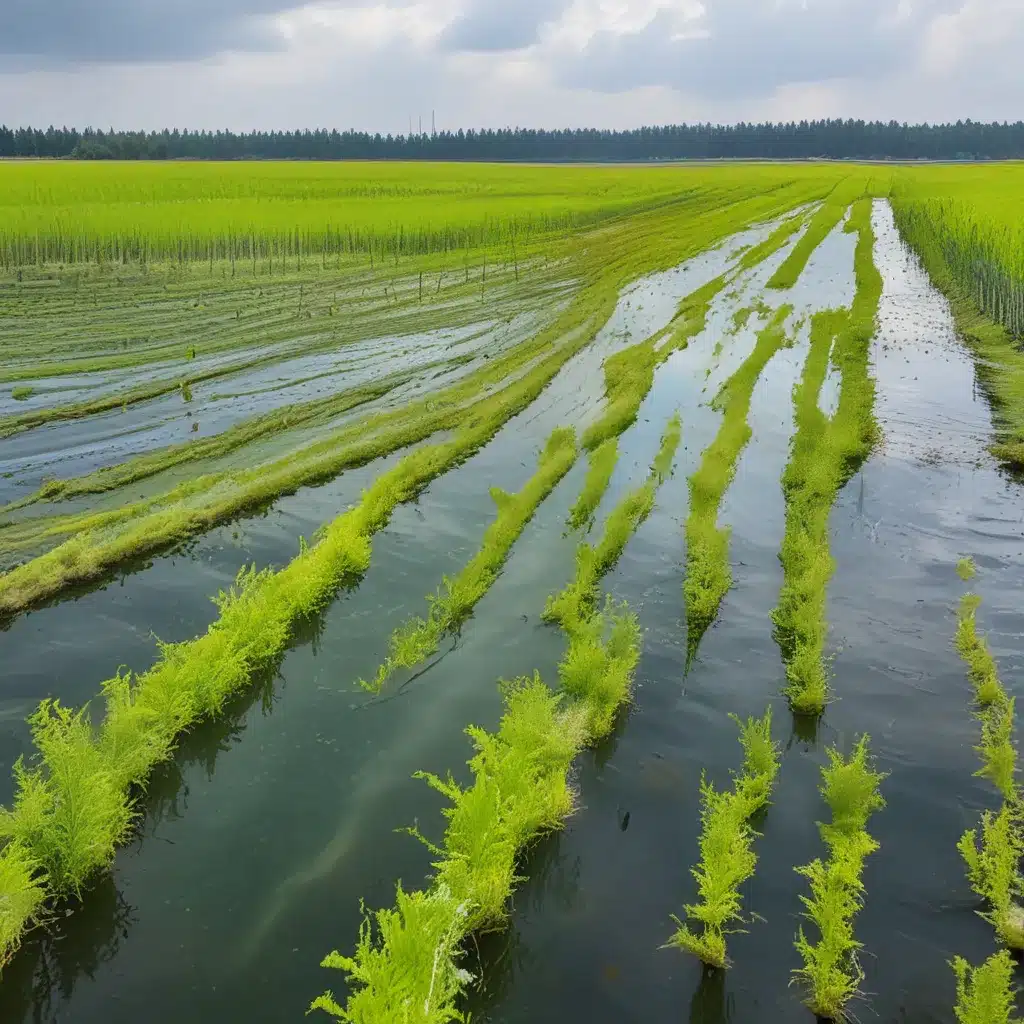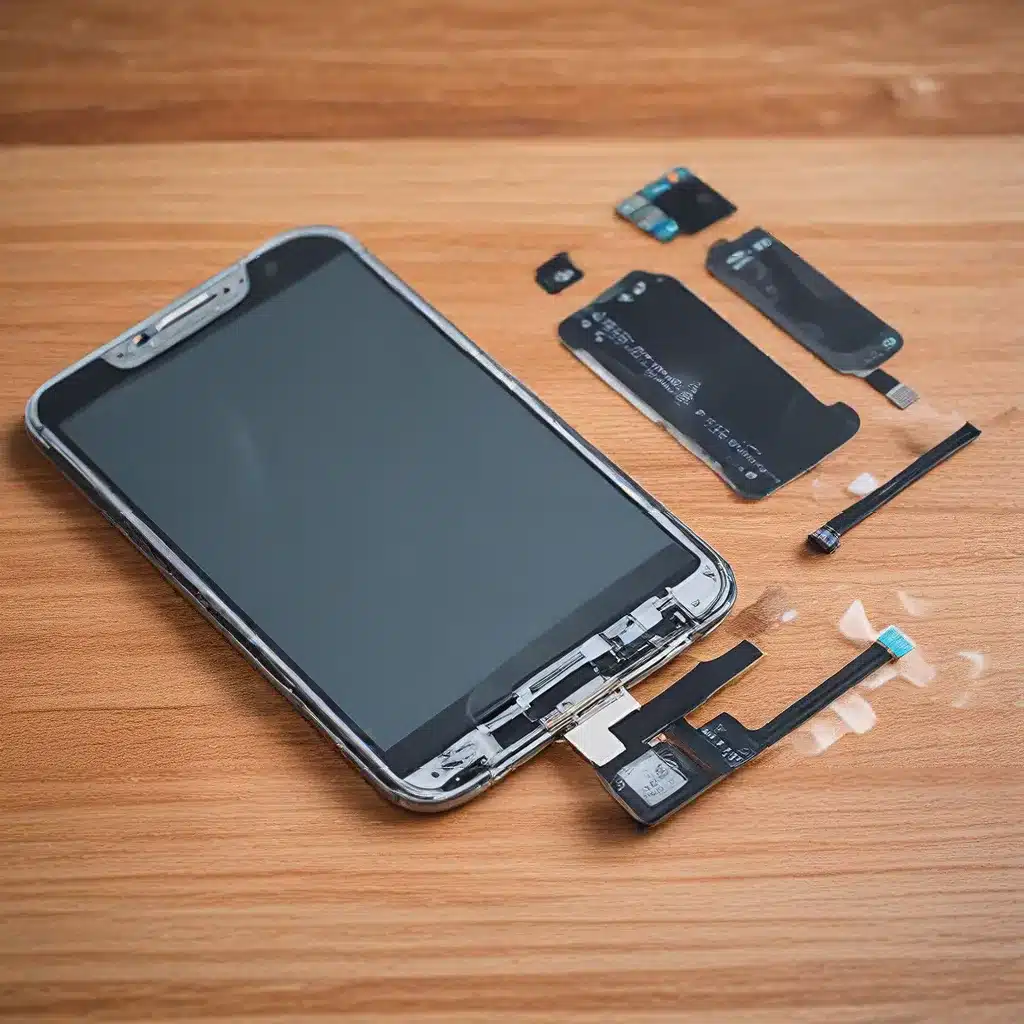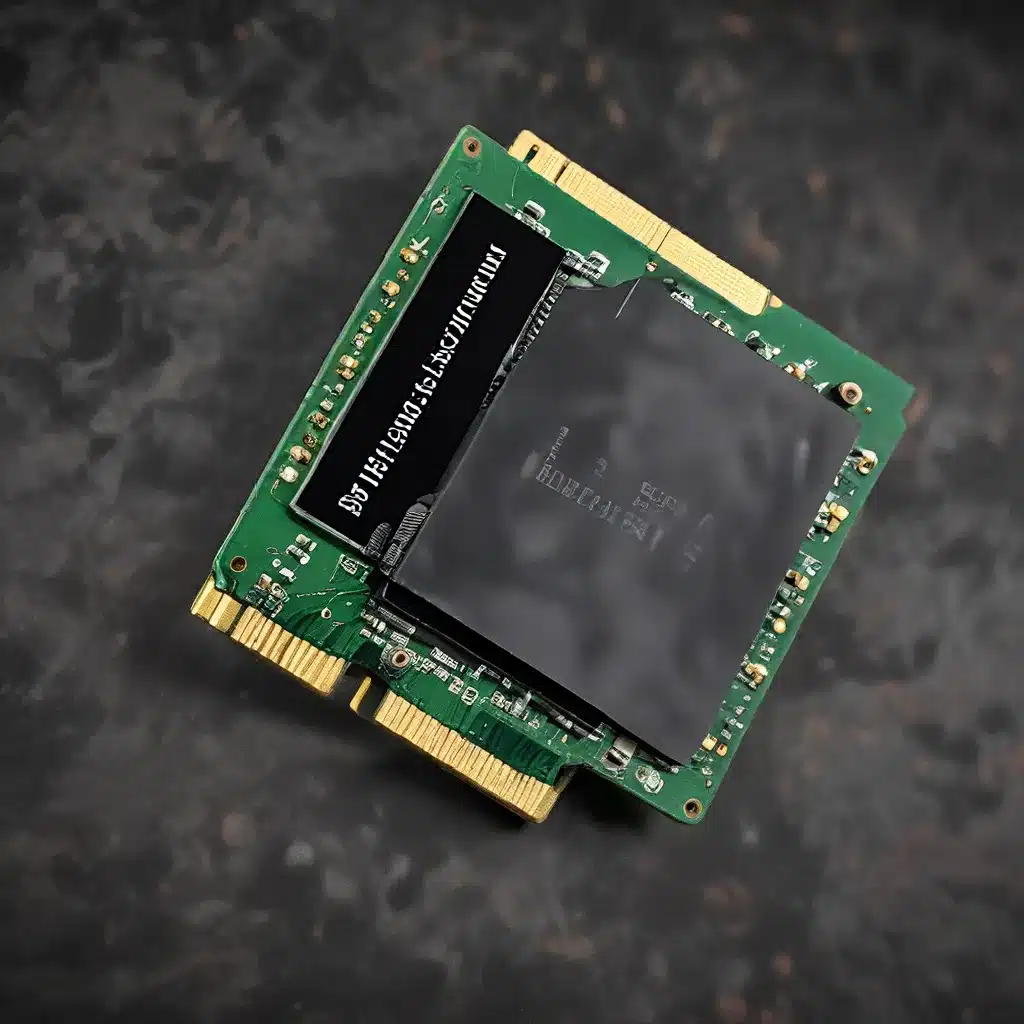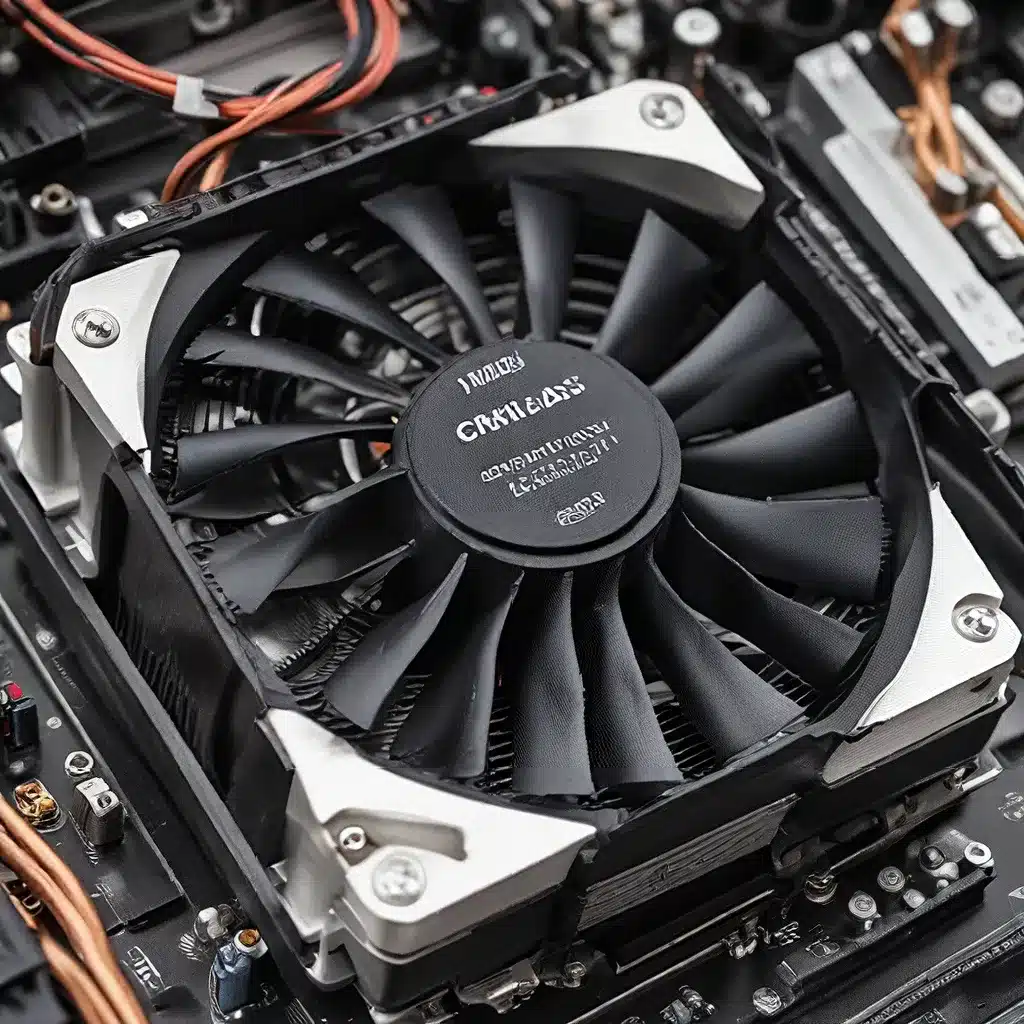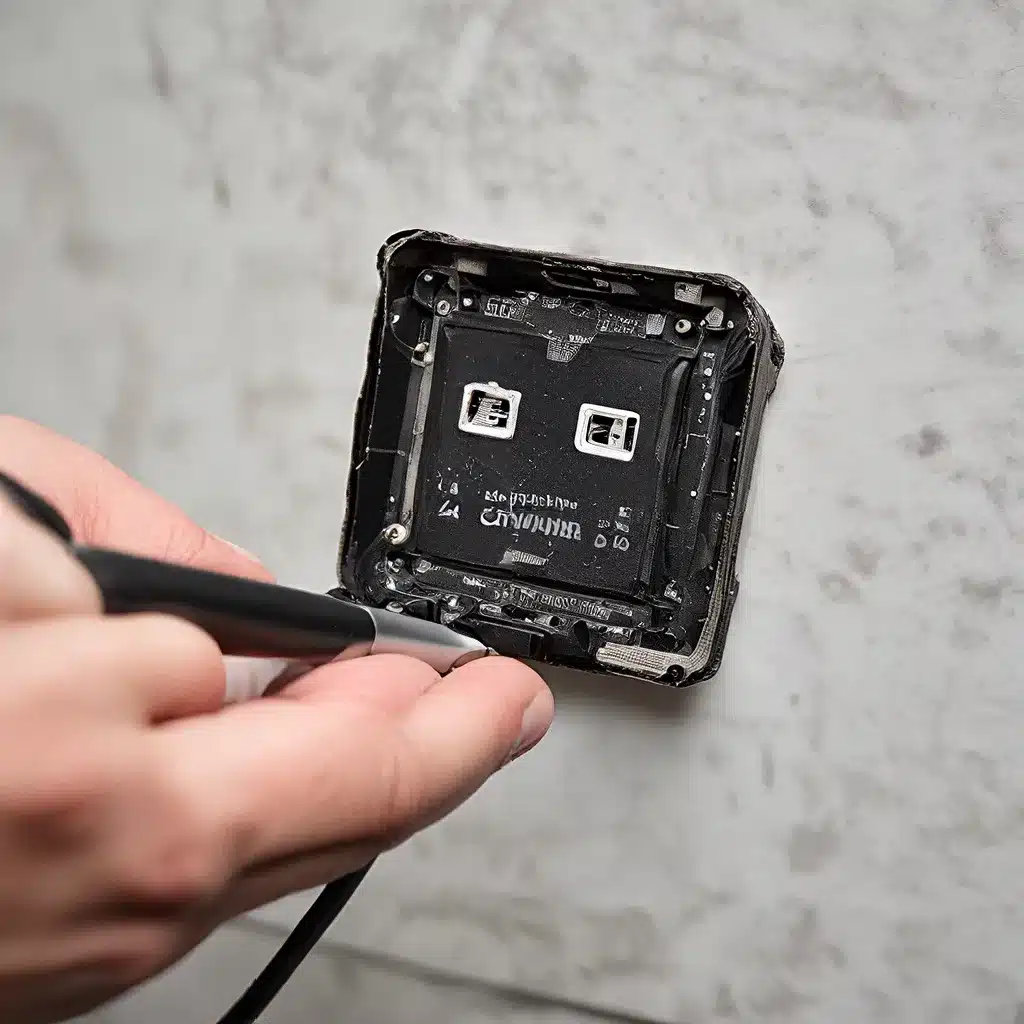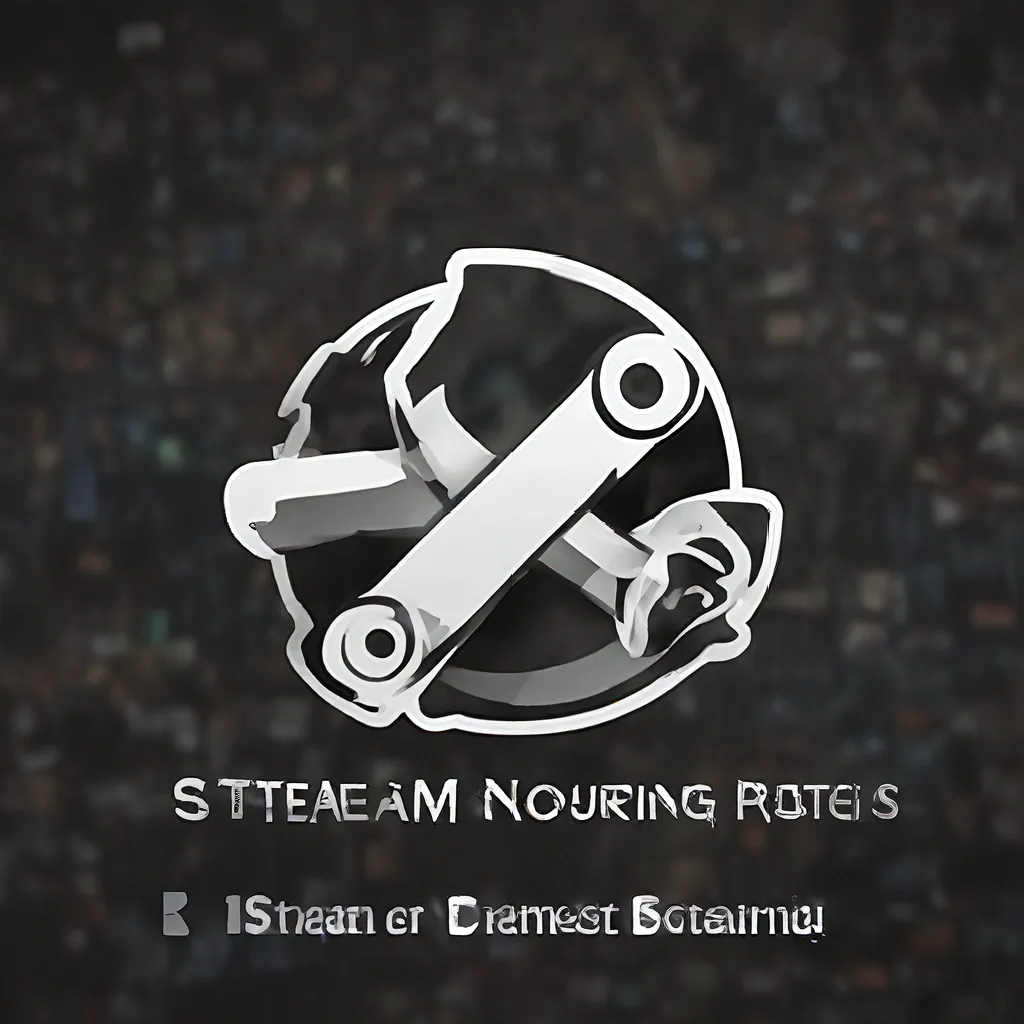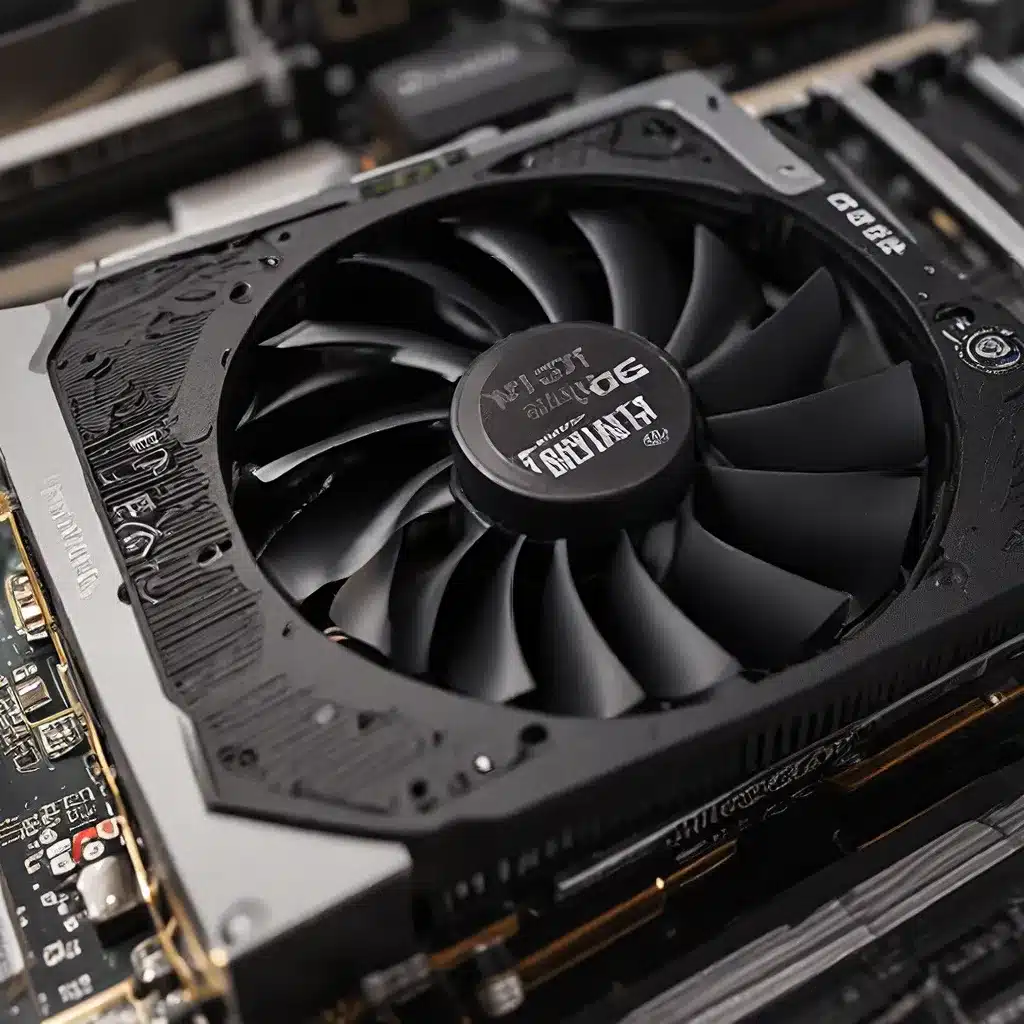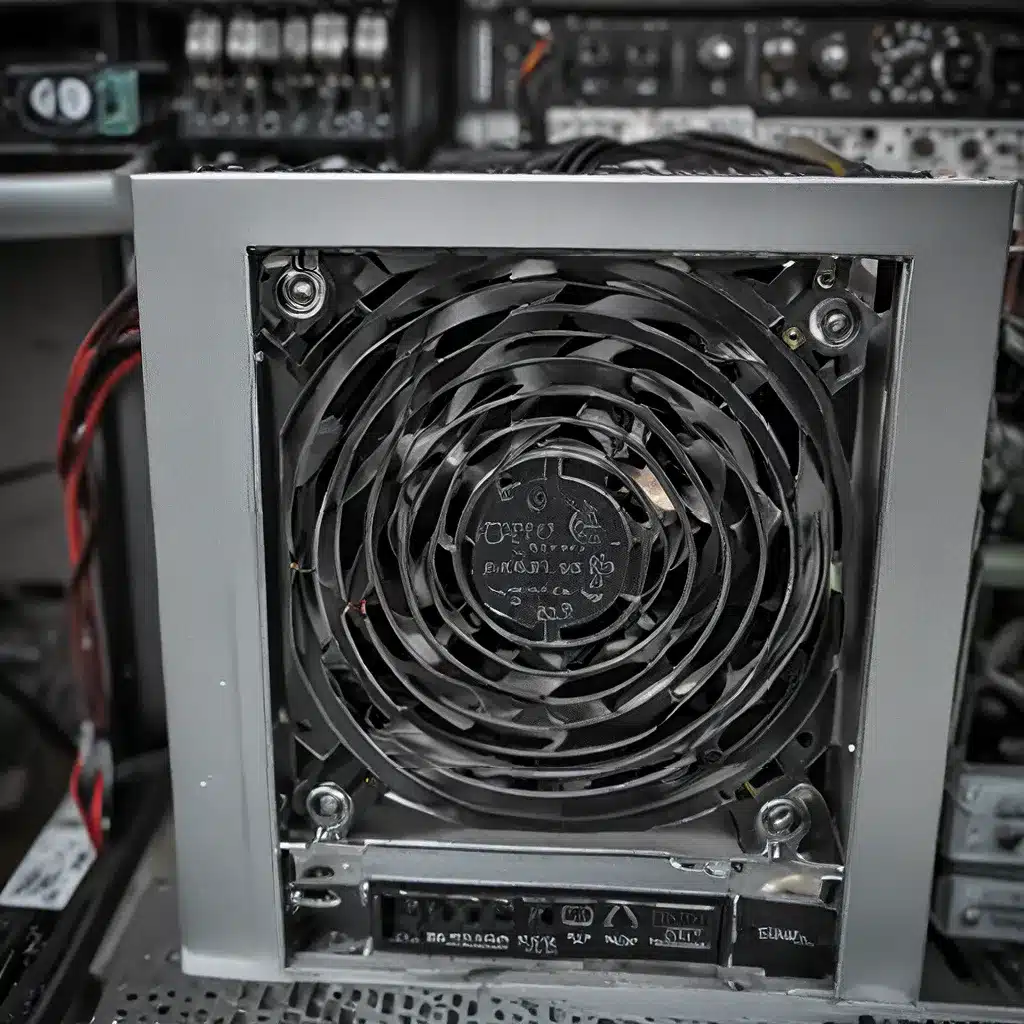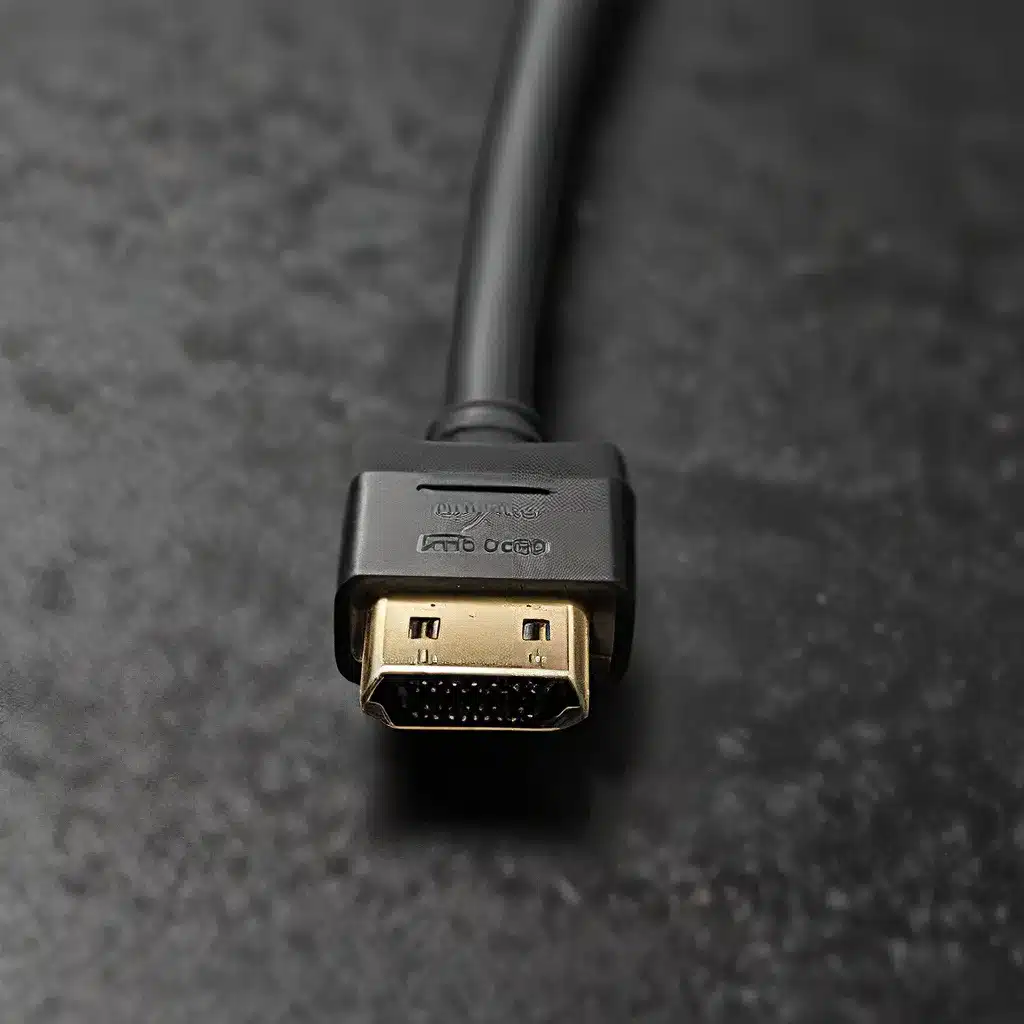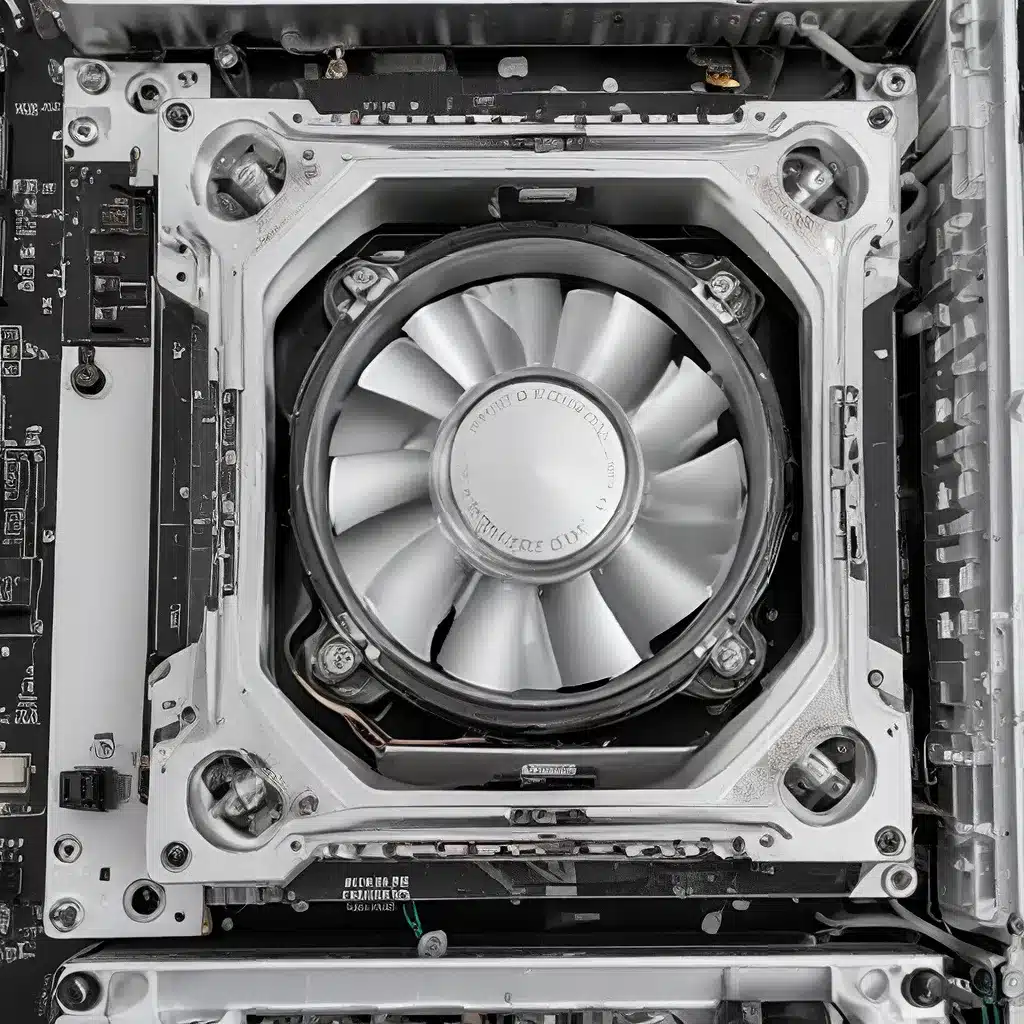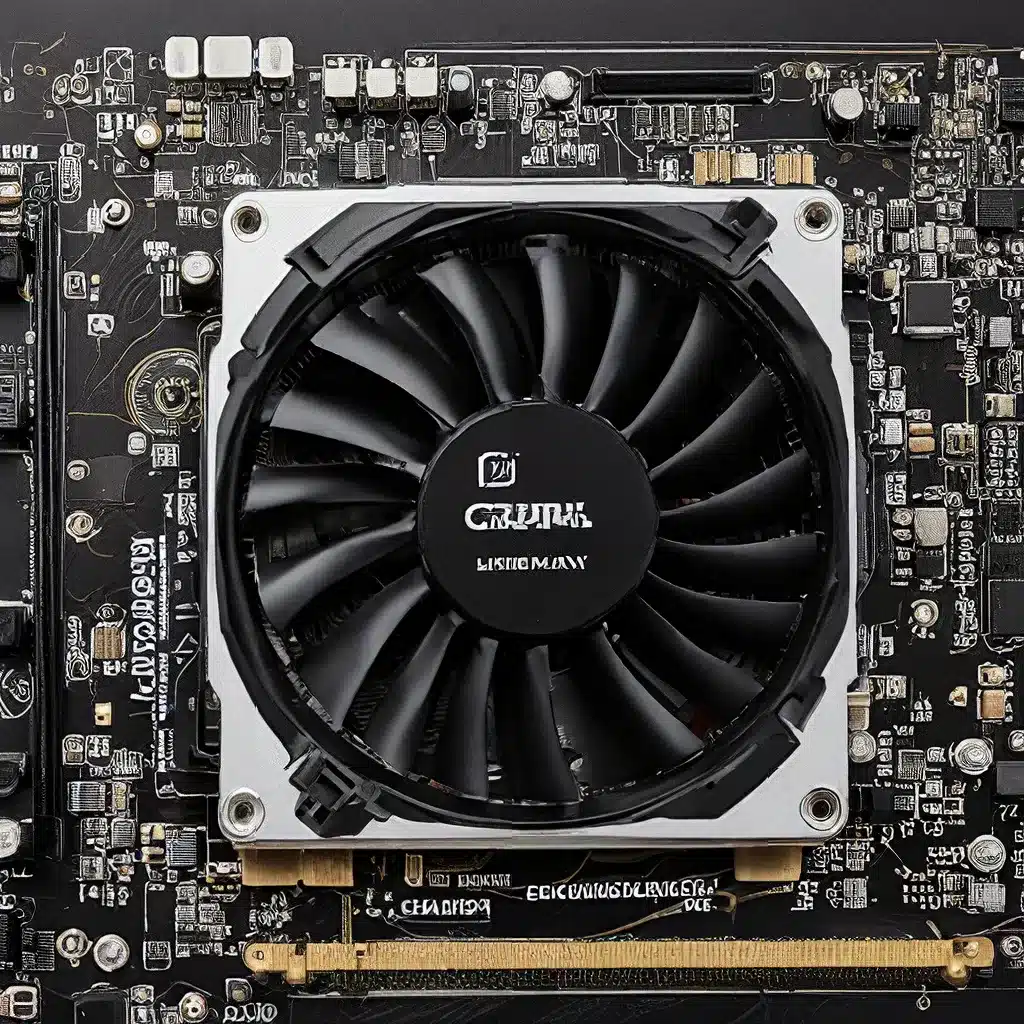Algae-Based Biofuels and Beyond: Harnessing the Power of Microorganisms
You know, when I first heard the term “algae-based biofuels,” I’ll admit, I was a bit skeptical. I mean, how could something as slimy and green as algae possibly be the solution to our energy woes? But after digging into the research and seeing the incredible potential of microorganisms, I have to say, I’m completely won over.
It all started when I stumbled upon this article in Nature Communications that laid out the case for using microbial biotechnologies to support sustainable space exploration. The authors made a pretty compelling argument – by harnessing the power of microorganisms, we can tackle all sorts of challenges, from recycling waste to producing critical resources, in a way that’s far more efficient and eco-friendly than traditional approaches.
Microbes to the Rescue
One of the key points the article highlighted is the role microbes can play in closing the loop on a spacecraft’s life support systems. Think about it – on the International Space Station right now, they’re essentially just scrubbing the air of CO2 and venting it into space. That’s a huge waste of a valuable resource! But by using microbes like cyanobacteria to capture and convert that CO2 into oxygen or even biofuels, we can create a truly closed-loop system that minimizes the need for costly and energy-intensive resupply missions from Earth.
And it’s not just air recycling – the authors also talked about how microbes could be used to process human waste into nutrient-rich biomass that could be used to grow food. Forget about just ejecting that waste into space, let’s put it to work! With the right microbial cocktail, we could turn those metabolic byproducts into a sustainable source of protein and lipids to nourish our space explorers. Talk about a circular economy in action.
Microbes, the Unsung Heroes of Space
But the microbial magic doesn’t stop there. The article also delved into the potential for microbes to aid in resource extraction and manufacturing right on the lunar or Martian surface. Through a process called “biomining,” specialized microbes can actually pull valuable metals and minerals out of regolith and other extraterrestrial materials. This could be a game-changer for establishing viable outposts and settlements beyond Earth, reducing our reliance on expensive resupply missions.
And get this – the authors even discussed how microbes could be used to produce critical pharmaceuticals and other high-value chemicals in the unique environment of space. Apparently, the microgravity and radiation conditions can actually enhance the production of certain compounds. So, instead of having to bring a massive stockpile of meds from Earth, we could potentially manufacture them right on-site as needed. Talk about being self-sufficient!
Translating Space Tech to Earthly Solutions
But the really exciting part is that all of these microbial-powered solutions for space exploration aren’t just limited to the cosmos. The authors made a compelling case that many of these technologies could have huge benefits right here on Earth as well.
For example, the same bioremediation techniques used to clean up toxic regolith on the Moon or Mars could be applied to tackle environmental issues like soil pollution and desertification right here at home. And the closed-loop waste processing and recycling systems developed for space could help us transition to a truly sustainable circular economy on a global scale.
Heck, even the research into using microbes to produce pharmaceuticals in space could lead to breakthroughs that revolutionize drug manufacturing and distribution here on Earth, making critical medicines more accessible to people around the world.
The Future is Microbial
When you step back and really think about it, microorganisms are truly the unsung heroes of space exploration and sustainability. These tiny, resilient lifeforms have the power to transform the way we approach some of humanity’s biggest challenges – both in the depths of space and right here on our home planet.
So, the next time you look at a murky green pond or a petri dish full of weird-looking bacteria, don’t just see a slimy nuisance. See the potential for a more sustainable, self-sufficient future. Because if there’s one thing this article has convinced me, it’s that the future is microbial.
And who knows, maybe one day, you’ll be able to power your car or heat your home with algae-based biofuels – all thanks to the unsung heroes of the microbial world. It’s pretty mind-blowing when you think about it.
So if you’re ever feeling down about the state of the world, just remember: the solution might be a lot smaller than you think. After all, the IT industry has long known the power of thinking small – and in the case of microorganisms, that power is truly boundless.

